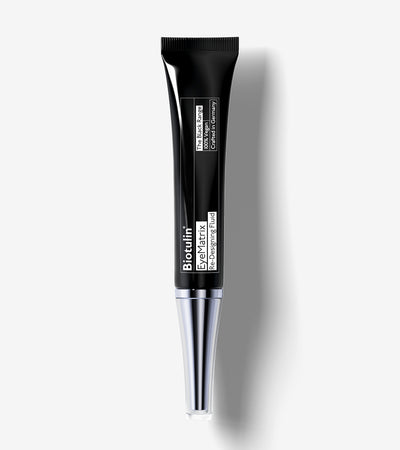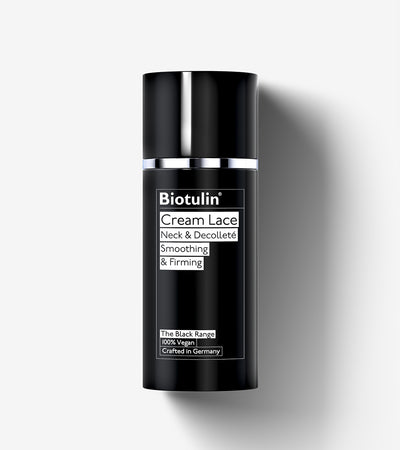Overview/Definition
Propanediol is a versatile and multifunctional ingredient widely used in the skincare industry. It is a colorless, viscous liquid derived from corn sugar through a sustainable and renewable fermentation process. Propanediol is known for its ability to act as a solvent, humectant, emollient, and preservative, making it a valuable component in various skincare formulations.
This ingredient is often used as a natural alternative to propylene glycol, which is known to be more irritating to the skin. Propanediol is considered safer and gentler, especially for sensitive skin types. It is extensively used in cosmetic and skincare products due to its ability to enhance the efficacy of other ingredients, improve skin hydration, and provide a smooth, non-greasy feel.
Propanediol is recognized for its ability to dissolve difficult-to-dissolve ingredients, such as salicylic acid and ferulic acid, making it an excellent carrier for active cosmetic ingredients. It also helps to reduce the viscosity of products, improving their flow and application on the skin and hair. Additionally, it acts as a penetration enhancer, allowing beneficial ingredients to absorb deeper into the skin.
Function in Skincare
Propanediol serves several key functions in skincare:
- Solvent: It effectively dissolves ingredients that are difficult to dissolve, enhancing their delivery to the skin.
- Humectant: It attracts and retains moisture in the skin, keeping it hydrated and healthy.
- Emollient: It softens and smooths the skin, improving its texture and appearance.
- Preservative: It enhances the preservative efficacy of skincare products, extending their shelf life.
Skin Type Suitability
Propanediol is suitable for a wide range of skin types, including:
- Dry Skin: Its humectant properties make it particularly beneficial for dry skin, helping to improve its texture and hydration.
- Normal Skin: It can help maintain the skin's natural balance and enhance its overall appearance.
- Oily Skin: It can help regulate sebum production and reduce the appearance of blemishes, making it suitable for oily and acne-prone skin.
- Sensitive Skin: It is generally well-tolerated and considered safer for sensitive skin, providing minimal irritation.
Benefits
Propanediol offers several benefits for the skin:
- Hydration: It attracts and retains moisture in the skin, keeping it hydrated and healthy.
- Softening: It softens and smooths the skin, improving its texture and appearance.
- Preservation: It enhances the preservative efficacy of skincare products, extending their shelf life.
- Penetration Enhancement: It allows beneficial ingredients to absorb deeper into the skin, enhancing their effectiveness.
Potential Side Effects or Risks
While Propanediol is generally considered safe for use in skincare products, there are some potential side effects and risks to be aware of:
- Skin Irritation: It can cause skin irritation, especially in individuals with sensitive skin or when used in high concentrations.
- Allergic Reactions: Some individuals may experience allergic reactions to Propanediol, resulting in redness, itching, or swelling.
Usage in Skincare Products
Propanediol is used in a wide range of skincare products, including:
- Moisturizers
- Cleansers
- Serums
- Face Creams
- Body Lotions
How it’s used
Propanediol can be incorporated into a skincare routine in various ways, depending on the specific product and its intended use. It is often found in moisturizers, cleansers, and serums, where it helps to hydrate, soften, and improve the texture of the skin. It can also be used in face creams and body lotions to provide moisturizing and skin conditioning benefits.
Scientific Studies/Research
Several scientific studies have evaluated the safety and efficacy of Propanediol in skincare products. The Cosmetic Ingredient Review (CIR) Expert Panel has concluded that Propanediol is safe as a cosmetic ingredient in the present practices of use. Additionally, it is recognized for its ability to enhance the efficacy of other ingredients, improve skin hydration, and provide a smooth, non-greasy feel.
Other Names/Synonyms
Propanediol is also known by the following names:
- 1,3-Propanediol
- Zemea
Sustainability/Environmental Impact
Propanediol is derived from corn sugar through a sustainable and renewable fermentation process, making it an environmentally friendly ingredient. It is considered safe for use in cosmetic products, with no known risks associated with its use in skincare formulations. However, as with any ingredient, it is important to use it responsibly and be mindful of potential sensitivities.
Fun Facts
- Propanediol is considered a safer alternative to propylene glycol, which is derived from petrochemicals and has been associated with skin irritation and other adverse effects.
- It is extensively used in various cosmetic and skincare products due to its versatility and ability to enhance the efficacy of other ingredients.



